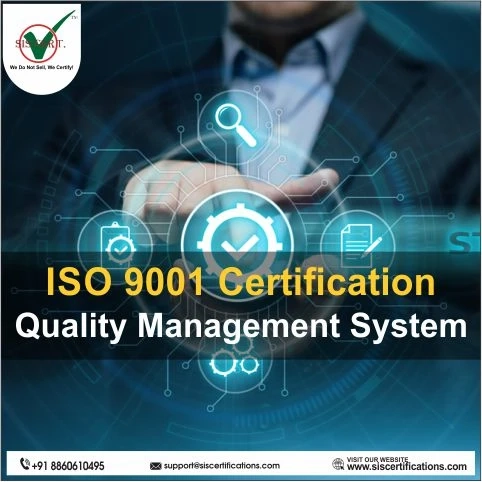The ISO 9001 Certification places the concept of process management at the heart of the standard. It consists of eight core quality management principles that act as a common foundation for all standards relating to quality management.
These are the eight principles:-
1. Customer focus – It evaluates the organization’s objectives and initiatives to meet customers’ needs and requirements. The principle focuses on product performance and customer service.
2. Leadership – This principle aims to establish a quality-minded culture. Top-level management plays a crucial role in establishing and maintaining work environments that engage people and achieve quality objectives.
3. Engagement of People – It is one of the essential principles of ISO 9001 certification and focuses on making employees more competent, dependable, empowered, and better. It helps in the personal and professional development of the employees by establishing effective communication within the organization.
4. Process Approach – It focuses on linking all the business processes in a single system and helps in achieving more predictable and consistent outcomes. It helps an organization to focus on operations that need improvement.
5. System Approach to Management – The process approach is a part of the system approach. It focuses on developing a cohesive system and improving individual performance by understanding, analyzing and managing interrelated business processes.
6. Continual Improvement – Improving business operations is an on-going process. It requires an organization to identify potential risks and opportunities and formulates strategies to eliminate risks and reap opportunities.
7. Evidence-based Decision Making – It follows an evidence-based approach to the decision-making process. It evaluates all the data and implements appropriate tools and methods. The importance is given to understand the cause-and- effect relationships and potential unintended consequences.
8. Relationship Management – Establishing good relations with relevant partners, business associates, vendors, stakeholders, and investors is significant for an organization to ensure the continuity of the supply chain. Sustained success is more likely to be achieved when the organization manages relationships with all of its interested parties to optimize their impact on its performance.


